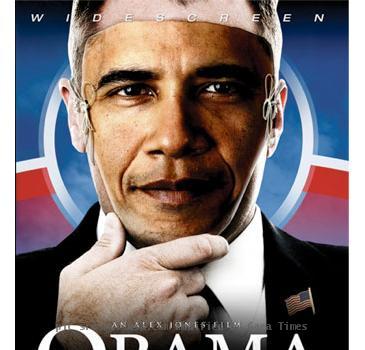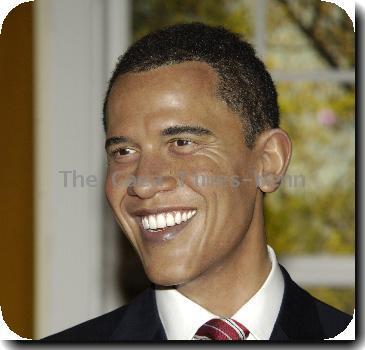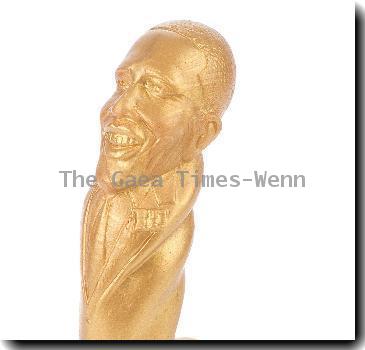Venezuela protests after US ambassador nominee raises concern about rebels, Chavez’s power
By Christopher Toothaker, APThursday, August 5, 2010
Venezuela demands US explain diplomat’s remarks
CARACAS, Venezuela — President Hugo Chavez said Thursday he probably won’t accept the White House’s nominee for ambassador to Venezuela because the diplomat suggested that morale is low in the socialist leader’s military and that Colombian rebels maintain camps in the country.
“What he has said is very serious. We’re evaluating it,” Venezuela’s president said of the remarks by nominee Larry Palmer.
“It practically disqualifies him,” Chavez said before a meeting with former Argentine President Nestor Kirchner, secretary-general of the South American Unasur group.
As part of his Senate confirmation process, Palmer said in response to questions from Sen. Richard Lugar that “morale is reported to be considerably low” in Venezuela’s military because of politically motivated appointments.
He also raised concerns about Bogota’s accusations that Chavez has ignored the presence of Colombian rebels camps in Venezuela, saying Venezuela has an obligation to investigate. The accusations by Colombia prompted Chavez to cut diplomatic ties with Bogota on July 22.
In a statement released on Wednesday, Venezuela’s Foreign Ministry protested Palmer’s remarks as “a serious precedent of interference and interventionism for someone who has never even stepped foot on Venezuelan soil.”
Palmer, who has served as ambassador in Honduras and charge d’affaires in Ecuador, was tapped by President Barack Obama’s administration to try to manage Washington’s difficult relationship with Venezuela.
Palmer also said in his written answers: “I am concerned that Cuba’s influence within the Venezuelan military will grow.” Chavez has acknowledged that Cuba provides training but denies it has any influence within his military.
Citing threats to personal freedoms in Venezuela, Palmer said: “I am also concerned by the increasing centralization of power in the executive branch.”
U.S. officials have long been critical of Chavez, but ambassadors assigned to Caracas have rarely taken such strong stances.
In Washington, State Department spokesman P.J. Crowley said Palmer’s answers in the questionnaire “convey our best judgment on issues between the United States and Venezuela.”
“We hope that Venezuela will accept his credentials and begin a more robust dialogue with our representative there than has occurred in the past,” Crowley said.
The Senate has yet to confirm Palmer and is expected to take up the issue again once senators return from a summer break Sept. 7.
It remains unclear how Chavez might respond.
Palmer also renewed accusations made in 2008 by the U.S. Treasury Department, which accused three members of Chavez’s inner circle of helping Colombian rebels by supplying arms and aiding drug trafficking operations.
He is concerned that two of them — Gen. Hugo Carvajal and Gen. Henry Rangel Silva — are still high-ranking government officials, and called it “particularly troublesome” that Rangel was recently appointed the military’s strategic operational commander.
Associated Press writers Luis Alonso Lugo in Washington, and Fabiola Sanchez and Ian James in Caracas contributed to this report.
Tags: Barack Obama, Bogota, Caracas, Caribbean, Colombia, Cuba, District Of Columbia, Latin America And Caribbean, North America, South America, United States, Venezuela



